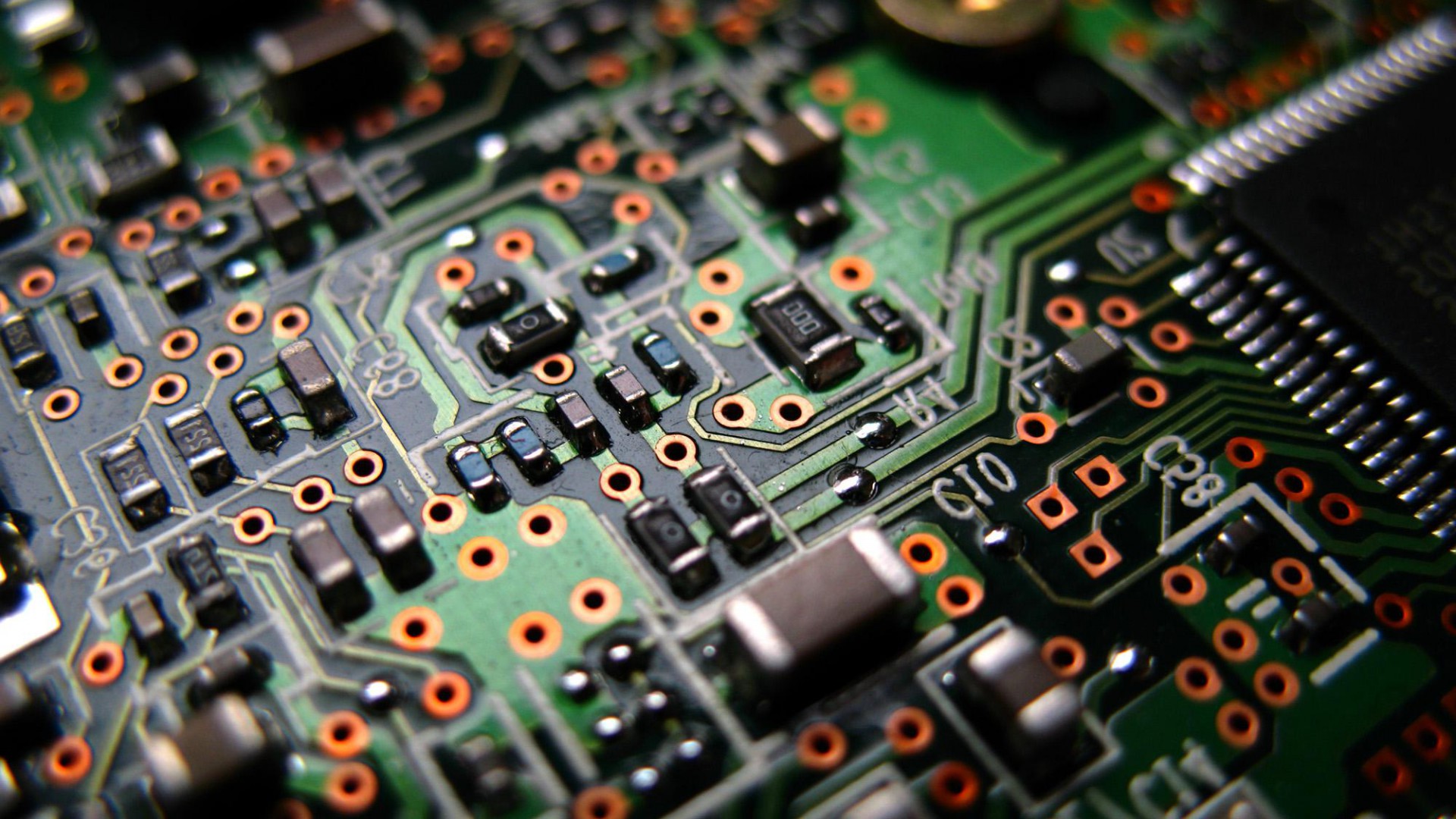The Raspberry Pi to JAMMA is an adapter that will allow your Raspberry Pi to connect to a JAMMA compatible arcade cabinet for an unbeatable multi-game emulation experience.
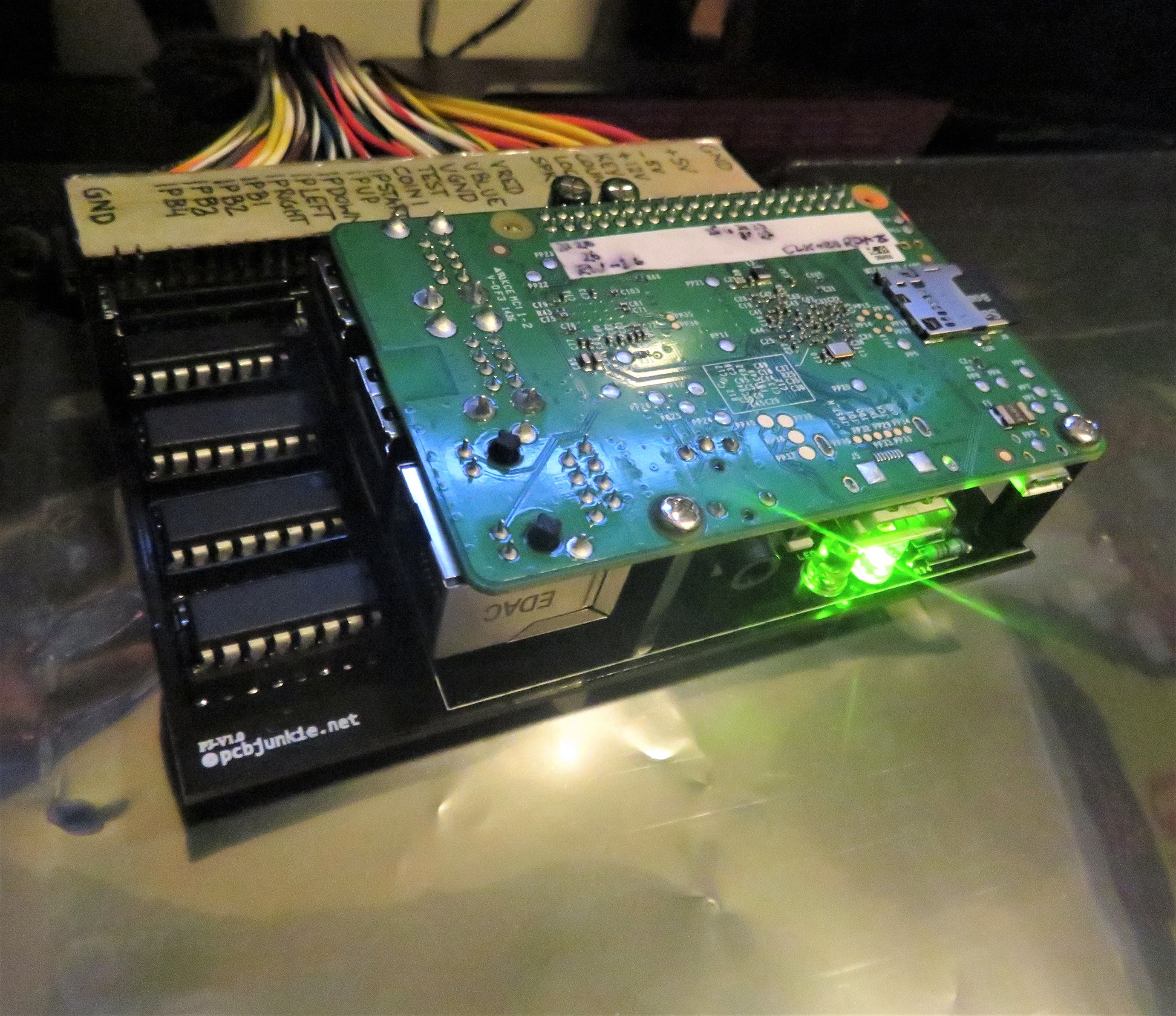
While these devices already have been made by others, this one is a little different.
First of all, it will be inexpensive. Most multi game boards (Elf, Pandora Box, etc..) are around $70USD or more. These devices come with a fixed set of games built in, and can’t be customized.
This board on the other hand will allow use your Raspberry Pi which runs Linux (or whatever), so you can easily add to your cabinet any of the numerous emulators that have been developed for the platform. You’re only limited by the size of your SD card and your imagination. You want to keep it simple and run RetroPie, no problem, or you can dive in and customize it to your liking.
And all this while while staying under the price of a typical multi game board? Seriously? Even I’m excited!
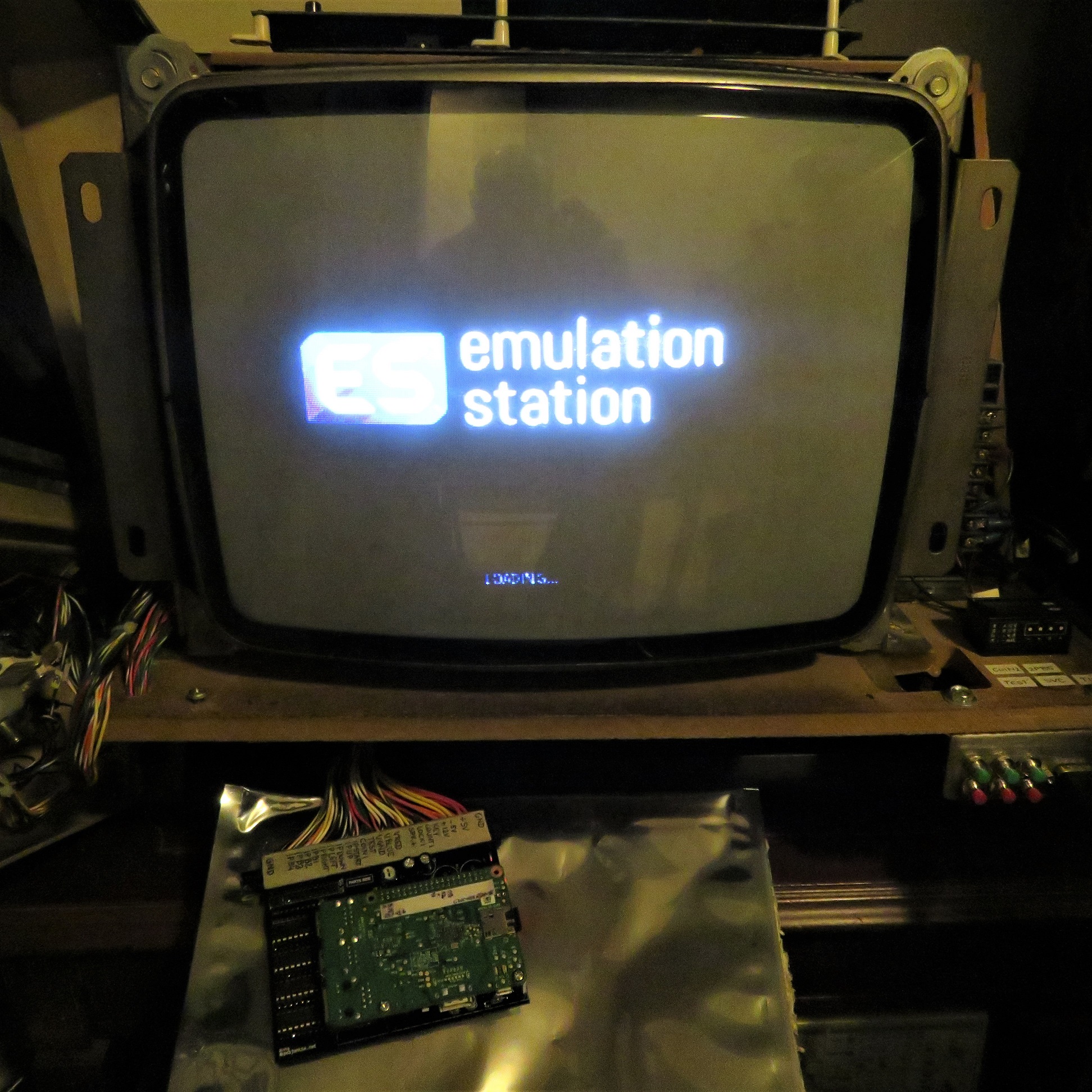
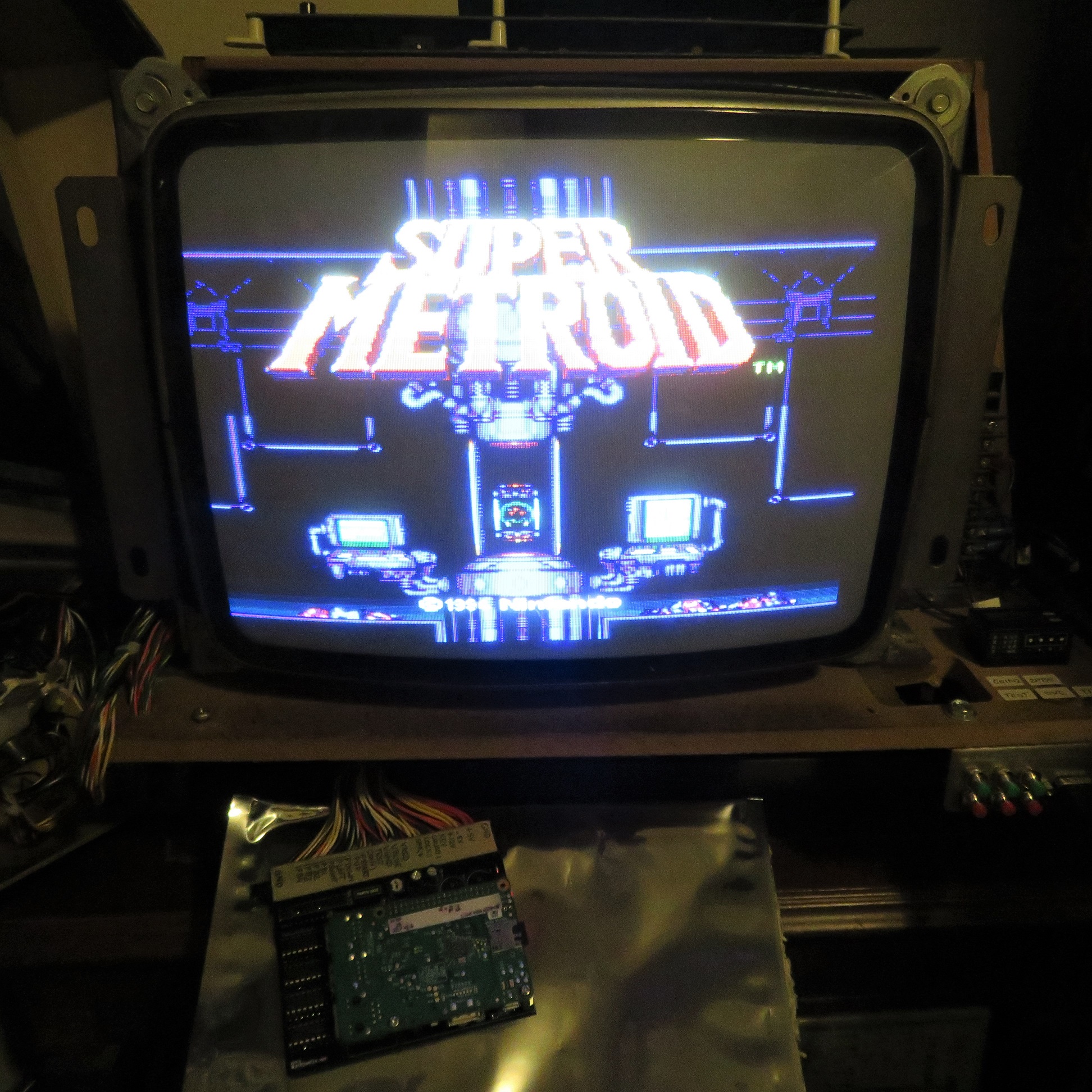
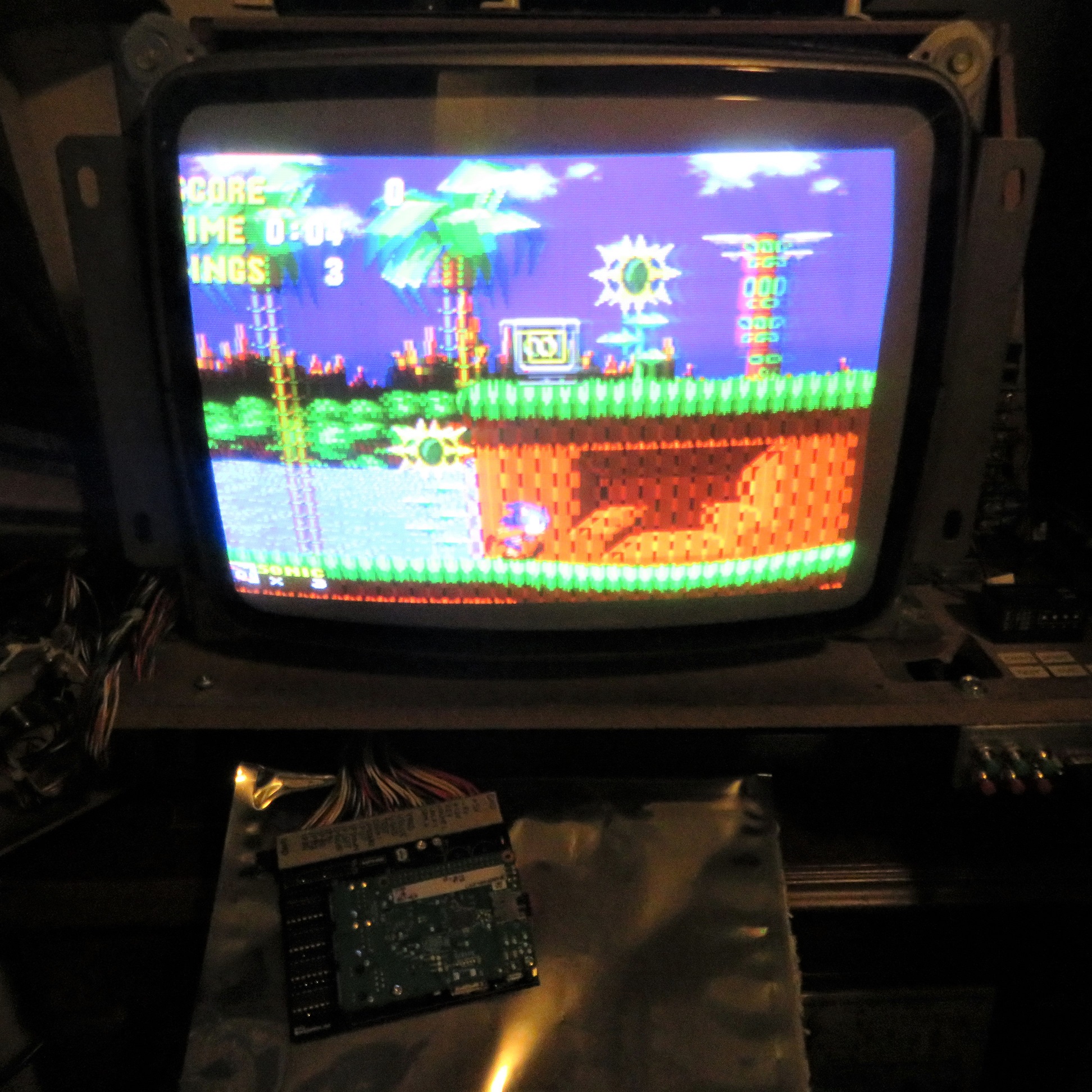
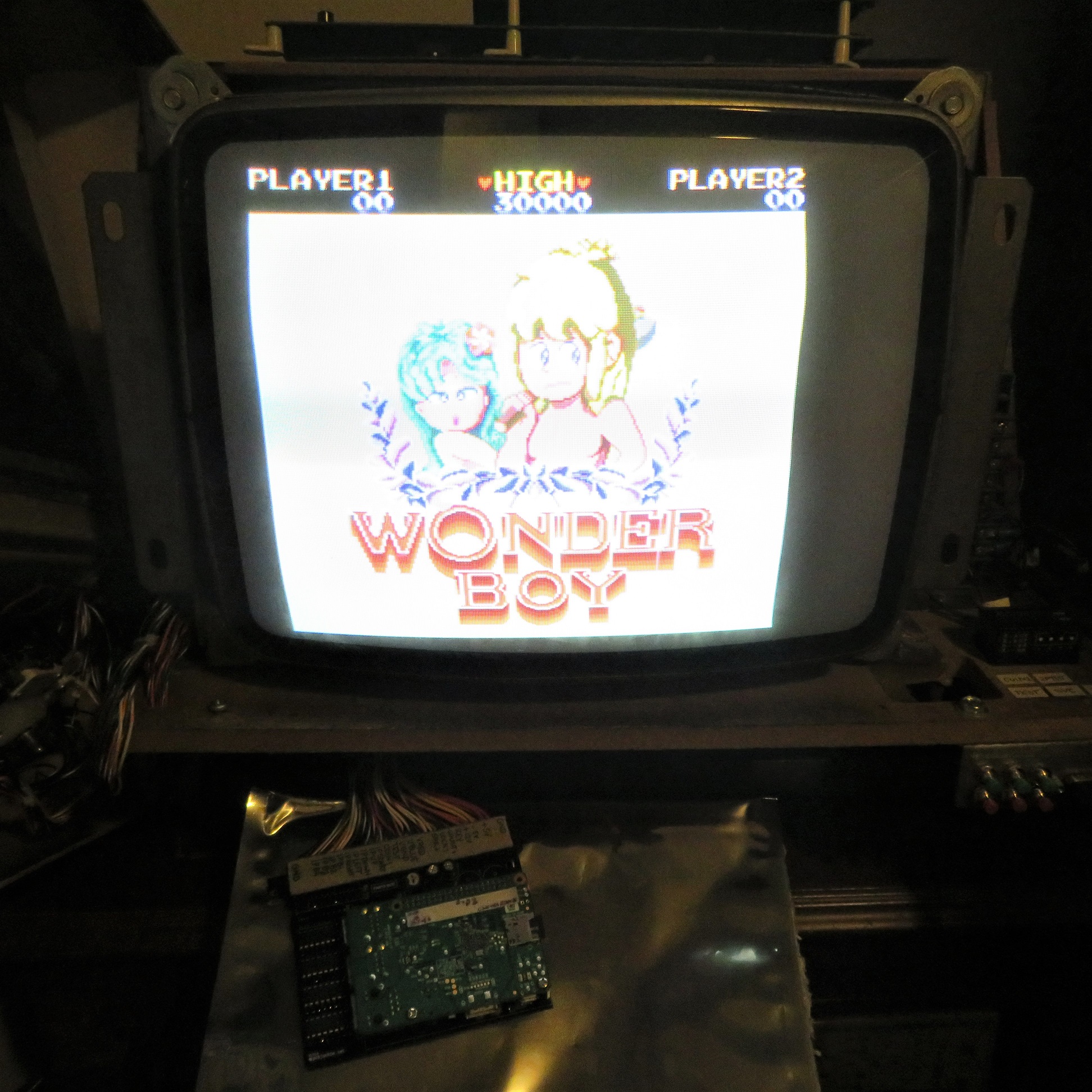
Yes, while there are existing devices that allow you to attach a Raspberry Pi to a JAMMA cabinet, these typically cost even more, usually multiple times of what this one will sell for. They make use all the Pi’s ports, plugging cables into each one, making it look like it’s on life support. Most of these use off the shelf HDMI converters to re-scale a 640×480 image to lower resolutions, messing it up in the process.
This board has been designed specifically to allow for the best and most cost effective way of adding emulation to your cabinet.
The video path is a straight, single step digital to analog conversion, which then allows the emulation to run at the native system resolution, making it pixel perfect and more efficient at the same time.
This board is only slightly bigger than the raspberry pi so it can be used in small counter top cabinets and only uses the GPIO header for connectivity with the Raspberry PI. Installation is easy, nice and clean.
The joystick and button interface is very low latency and control drivers are specifically written for this hardware. While there is always going to be more lag than if playing the game on the original hardware, one of the main goals it to reduce control and video lag down to the minimum.
Finally, you have the option of spending the extra money for the performance you want. Want to play older games on the cheap, use a Raspberry Pi Zero, or spend $20 more on the latest RPi 3 and go nuts with newer games. Any model of the Pi will be supported as long as it has the 40 pin GPIO header (sorry Pi A users).
A couple of other useful features are included, like power monitoring and auto shutdown on power down to prevent SD card corruption.
This project is now in the final stages. Most development has been completed and beta test boards are in the hands of testers.
I will be making periodic updates here, and will be posting a video of this adapter in action is the next little while. Stay tuned for that.
